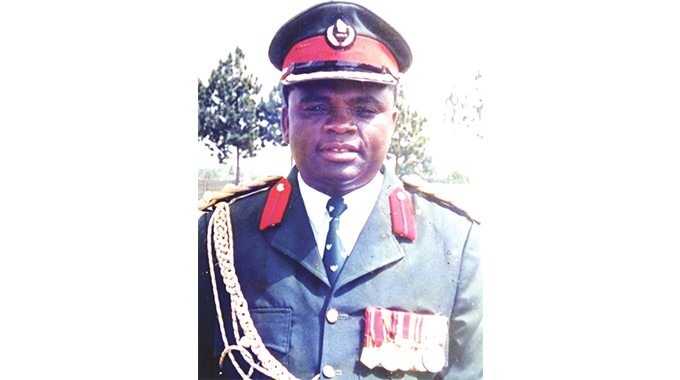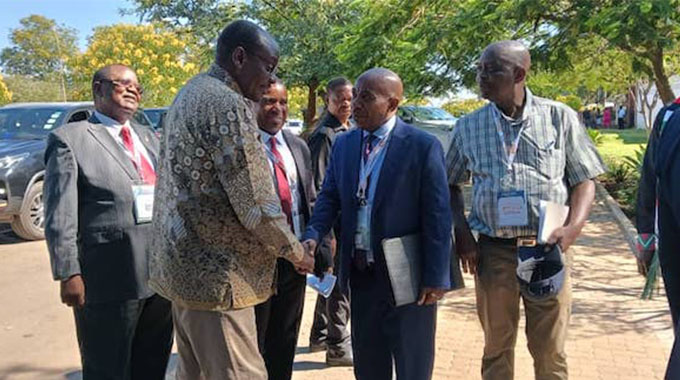RG’s Office halves passport backlog

Leonard Ncube, Victoria Falls reporter
THE Registrar General’s Office, which has been battling a 200 000 backlog of passport applications, has cleared close to half of the documents since introduction of night shifts for round-the-clock production two months ago.
The Civil Registry Department has been experiencing challenges in the issuance of passports and polythene-synthetic identity documents due to shortage of consumables hence the backlog.
Government imports passport covers and consumables, with about eight security features.
In April, the Civil Registry Department had about 200 000 applications prompting Government to introduce night shifts to clear the backlog that had resulted in people having to sleep at registry offices.
As for national identity document cards, the Registrar-General’s Office recently stepped-up efforts to help public examination candidates attain national identity cards as it opened its provincial and district offices countrywide for weekend service before the process was suspended indefinitely because of a surge in Covid-19 cases in the country.
Speaking on National ZBC’s current affairs programme on Wednesday night, Deputy Registrar-General Mr Ben Mpala said the double shifts have ushered positivity as 94 000 out of over 200 000 passports have been issued.
He said the Civil Registry Department is processing 5 000 each day and was hopeful to clear the backlog, with resources permitting.
This exceeds the target of between 4 000 and 4 500 passports a day the department had set for itself.
The backlog dates back to March 2019 and has been worsened by the Covid-19 pandemic.
“Since 26 April we started working double shifts to clear backlog. We are now working overnight processing 5 000 passports per day and we have cleared 94 000 applications. About 105 000 applications are left out of about 200 000,” said Mr Mpala.
He said the Registrar General’s Office had asked for special consideration for its production Centre from Government in light of Covid-19 restrictions and had been given the green light.
Mr Mpala said only the emergency passports which cost US$318 are being issued while work is being done to resume issuing of the ordinary passport.
He said a Statutory Instrument is in the pipeline for production of ordinary passports.
Mr Mpala said the night shift starts at 8pm to 4am while the day shift is between 8am and 4pm.
“Cabinet has made an assurance to release funds for production of documents that we have not been able to issue. If we are given enough resources, we have the capacity to work and render required service,” he said.
Government is also working on making sure passport seekers are able to apply for the travel document in the comfort of their homes and schedule appointments with the Registrar-General’s Office online.
This follows efforts being made to consolidate data that enables one to do so and once implemented, no one will be required to physically visit the RG’s Office for a passport as collection will be done at the applicant’s nearest Post Office.
So desperate have been people to get travelling documents that many throng passport offices dotted in each province, with the Harare and Bulawayo offices the worst crowded.
Failure by the RG’s Office to issue national documents in time is partly to blame for corruption where some officers have come under fire for demanding bribes from members of the public, especially to facilitate that they jump the queue.
Interestingly, a few months ago tout coaxed Home Affairs Minister Kazembe Kazembe for a US$30 bribe to jump the queue and he was arrested on the spot.
Speaking on the same current affairs programme, Zimbabwe Anti-Corruption Commission (Zacc) Ethics and Public Education Manager Dr Munyaradzi Magiga said the long winding queues at passport offices make it lucrative for corrupt individuals who join the queue to make a killing.
He said in many instances police have raided people at passport offices but many would return to the same places. “If fees are too expensive it means people have a right to deviate from the norm to access passport through other means,” said Dr Magiga. — @ncubeleon.











Comments